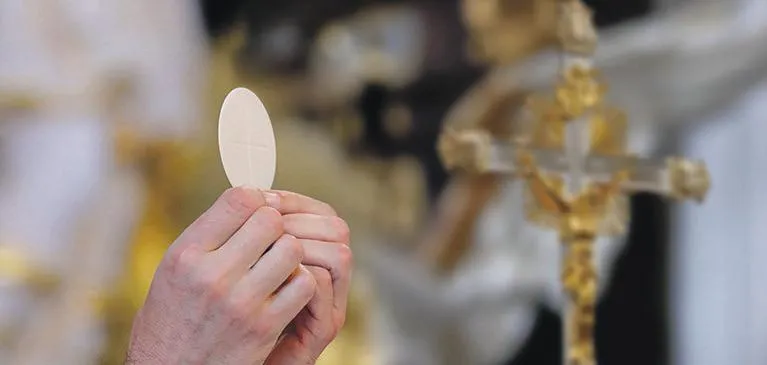At first glance, it seems like a cannibalistic gesture, even if it is addressed to God and not to a human being. Yet it is the quintessence of Roman Catholicism.
We are talking about ‘eating God,’ an act that is at the heart of the Roman Catholic understanding of the Eucharist. Can Roman Catholicism really be thought of as the religion of ‘eating God’? Exploring it is Matteo Al-Kalak, Professor of Modern History at the University of Modena-Reggio, in his latest book, Mangiare Dio. Una storia dell’eucarestia (Eating God. A History of the Eucharist).
The book is a history of the Eucharist from the Council of Trent (1545–1563) onwards in the Italian context, and focuses on how the Eucharist has been elevated to a primary identity-marker: practiced, taught, protected, abused, and used for various purposes, including extra-religious ones.








Francis (1936-2025) – the Pope so close, yet so far away?
A leading evangelical in Rome, Leonardo De Chirico, offers his personal reflections on the direction of the Roman Catholic Church …